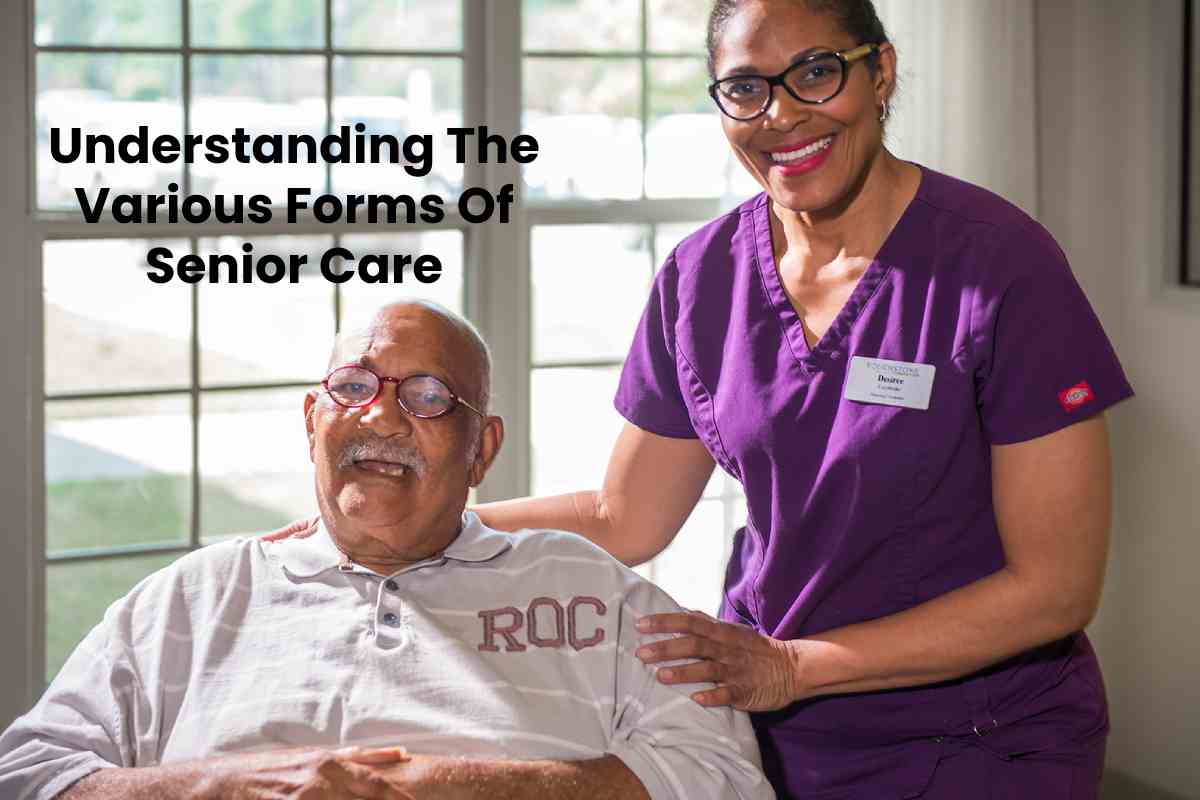Forms Of Senior Care
Older adults with a chronic illness or handicap require daily assistance with food, personal care, and other activities. The needs may not necessitate the intensive care provided by a nursing home but rather a greater level than that provided at home.
When deciding on senior care for yourself or a loved one, it’s easy to become overwhelmed and confused. There are various types of care and degrees of service, so it’s critical to understand the distinctions.
Table of Contents
Home Care
Home care is sometimes known as personal care, attendant care, or custodial care. It refers to assistance with washing and dressing, laundry, cooking, errands, transportation, and other chores that do not necessitate the use of licensed experts like Capital City Nurses.
Home Health Care
Home health care is a higher degree of specialized care delivered by certified professionals such as a registered nurse or physical therapist for senior care Alexandria, VA. It may entail checking an individual’s vital signs, respiration, or medical equipment, as well as undertaking rehabilitation exercises.
Assisted Living
Assisted living refers to accommodation for the elderly or disabled that includes nursing, meals, and housekeeping services as needed. It is an excellent choice for people who can get around independently but require support in some areas of their daily routine. Each institution is distinct with certain services and levels of support, so it’s critical to research before choosing the best care for you or a family member.
Skilled care
Professionals with training, like registered nurses and physical, speech, and occupational therapists, facilitate skilled care. Wound treatment, IV therapy, injections, the observation of vital signs, the operation of medical equipment, and physical therapy procedures are a few examples of skilled nursing services.
For individuals who require care frequently or even constantly due to a chronic medical condition, these services may be necessary for a short period during rehabilitation or a more extended period.
Adult Day Care Services
Adult daycare can apply to both adult social care and adult medical care. Adult day social care provides supervised care in an organized daily setting. It usually is available during the week to allow family members to go to work. A range of activities, meals, and therapies may be available. Adult day health care often includes the same activities as adult day social care and medical treatments like those found in a nursing home.
Palliative care
While standard medical care aims to cure or treat underlying illnesses, palliative care is concerned with alleviating pain and suffering. Palliative care addresses these issues by taking preventative steps and improving the quality of life for patients and their families facing a severe illnesses.
Memory care
Memory care facilities offer a special kind of care. They provide 24-hour personal care help in addition to meals, social activities, and amenities for people with dementia that may be brought on by Alzheimer’s, Parkinson’s, Huntington’s disease, or another form of mental decline that interferes with daily life. A memory care facility usually has a lower staff-to-resident ratio than an assisted living facility while upping security.
The takeaway
Forms Of Senior Care – Doing your homework to identify the best senior care service for your loved one is best.
